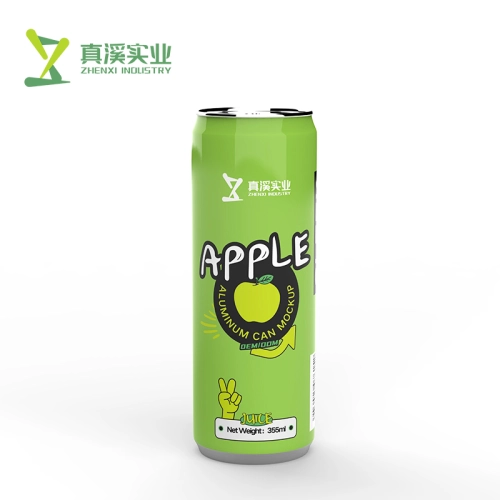Craft beer sets itself apart from the rest of mass-produced brews with its quality, innovation, and ingenuity. They create unique beers with the finest ingredients and recipes, so a genuine product.
The second exciting journey into data quantification is when you start tracking the growth and spread of premium craft beer. In 2020, craft beer reached nearly $30 billion in U.S. recession with the help of ginormous brands that were valued at almost a quarter of all beers sold; as was reported by The Brewers Association. Without a doubt, this large piece of the pie just underlines how hungry consumers are for innovative and quality beer.
To understand what makes craft beer premium, it is imperative to know these three crucial elements that are the crux of industry-specific terms like small batch brewing, specialty ingredients and fermentation techniques. We use small batch brewing to make sure the highest precision of control is present and that every single brew be more consistent in quality from beginning to end. Exotic hops, uncommon malts and novel adjuncts such as fruit or spices each lend their own unique flavors and aromas to the complex layering that makes premium craft beer what it is.
Historical examples and the way in which we think about this movement tells a decent story. By the 1980s, craft breweries - such as Sierra Nevada and Boston Beer Company that became part of what we call "The Simpsons generation" for their pointed jabs at mass-market beers following years when most people drank Budweiser (then owned by Anheuser-Busch) or Coors Light. These breweries served as a catalyst for the craft movement, stressing that quality is more important than quantity and cultivating beer geeks alike.

Ken Grossman, creator of Sierra Nevada Brewing Co., is quoted as saying "Beer, Beer the most effective rattling drink within the world". This really embodies the hard work that a lot of craft brewers put in their beer, they are very passionate to make interesting beers with a ton of choices for consumers.
To understand what separates quality craft beer from the rest, we need to consider some of finer details in its production. For instance, a brewery may utilise their proprietary yeast strain to help differentiate flavours or age beers in oak barrels for added complexity. Most beers have a unique and bold flavor, thanks to the use of fresh top-notch ingredients.
The sector is also noted for its innovation and experimentation. From limited edition and seasonal release brews, which see brewers experimenting with a host of brewing practices and ingredients. It is ideas like these that ensure the craft beer scene remains vibrant and fresh, with unique flavors always there to surprise consumers.
Large-scale consumer survey data has demonstrated that beer lovers are willing to pay more for a craft product. According to a 2021 survey conducted by Nielsen, for example, 60% of craft beer drinkers are willing to pay higher prices in return for unique flavor revelation. Instead, the common factor is a commensurate appetite for quality that reflects an appreciation of craftsmanship and creativity in high-end craft beer.
Because premium craft beers typically use more expensive ingredients and employ more hands-on brewing processes, production costs often exceed those of the mass produced alternatives. This comes with a higher price tag, however the better quality and uniqueness of the end product are worth it.
To learn more on what makes craft beer premium - Premium Craft Beer different in taste over some modern industrial lagers because they believe with quality ingredients, innovative brewing techniques and a commitment to creativity will provide better enjoyment of drinking by beer lovers around the world.